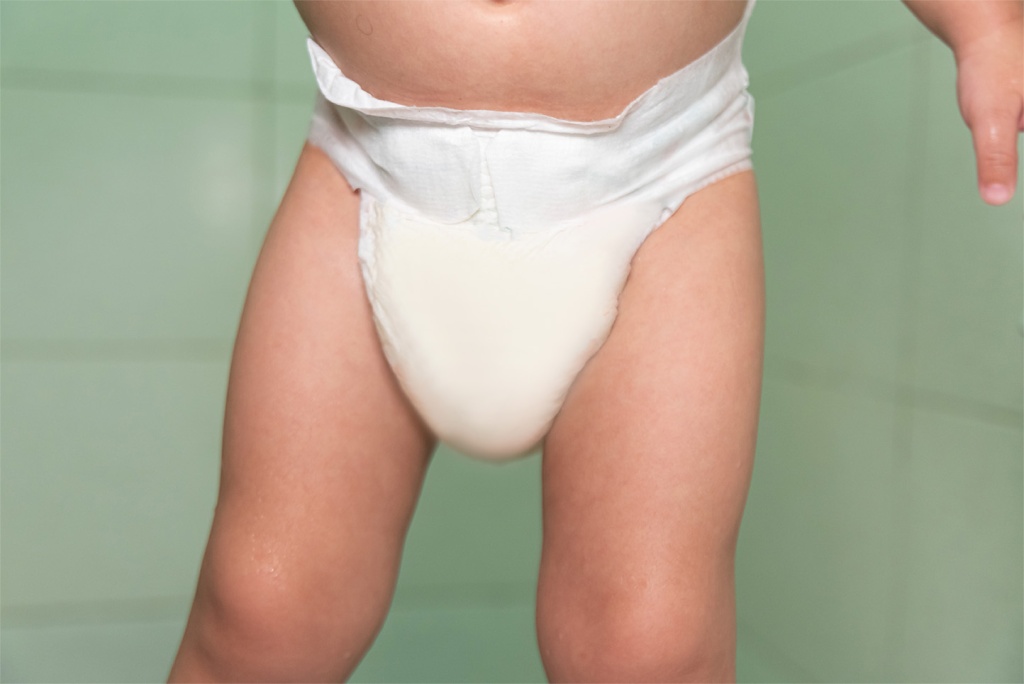Summer is a time to enjoy the sun and outdoor activities, but it is also a season when the risk of skin cancer increases. The ultraviolet (UV) rays in sunlight can damage the skin, and prolonged exposure to intense sunlight may increase the risk of developing skin cancer. Therefore, proper sun protection during summer is crucial for maintaining healthy skin.

What is the cause of Nappy Rash?
Nappy rash, medically known as diaper dermatitis is a form of dermatitis around the groin, upper thighs and buttocks. As the name suggests, it is commonly found in babies and children under 2 and usually stops when a child no longer wears diapers.
What is the Cause of Nappy Rash?
Nappy rash is caused by skin irritation associated with prolonged contact with urine and faeces. After the skin has become irritated, red and inflamed, bacteria and yeast will grow on these raw areas. The infection further inflame the affected area, further exacerbating the rash.


How to Manage a Nappy Rash?
The best treatment for diaper dermatitis is to prevent it from happening in the first place. This is best achieved by frequent diaper change. If a rash is discovered, then change the diaper at least every two hours during the day and once during the night. To prevent unnecessary irritation, the baby should only be wiped clean after bowel movement and a protective ointment (such as a cream containing zinc oxide) to act as barrier between the excrements and the skin. Contrary to popular belief, talcum power has not been clinically proven to prevent nappy rash. In fact, it may even worsen the rash, especially in the creases of the legs.
Can cutting out carbs prevent ageing?
“No-carb” is a popular topic among beauty enthusiasts who seek to prevent skin ageing. Many people believe that the no-carb diet touted by celebrities and social media influencers is the key to slowing down the production of AGEs and thereby ageing.
Although Easter has just ended, whitening is a lifetime thing!
Eczema is one of the most common dermatological issues in our daily lives. Its common symptoms include redness, swelling, dryness, peeling, papules, small blisters and persistent itching. Eczema is usually a long-term and chronic skin disease, although it is not contagious, there is a certain probability of recurrence. Therefore, when our skin is dry, sensitive, exposed to hot water or frequent hand washing, the skin is usually in a state of dryness and moisture, which increases the probability of eczema occurrence or recurrence.






